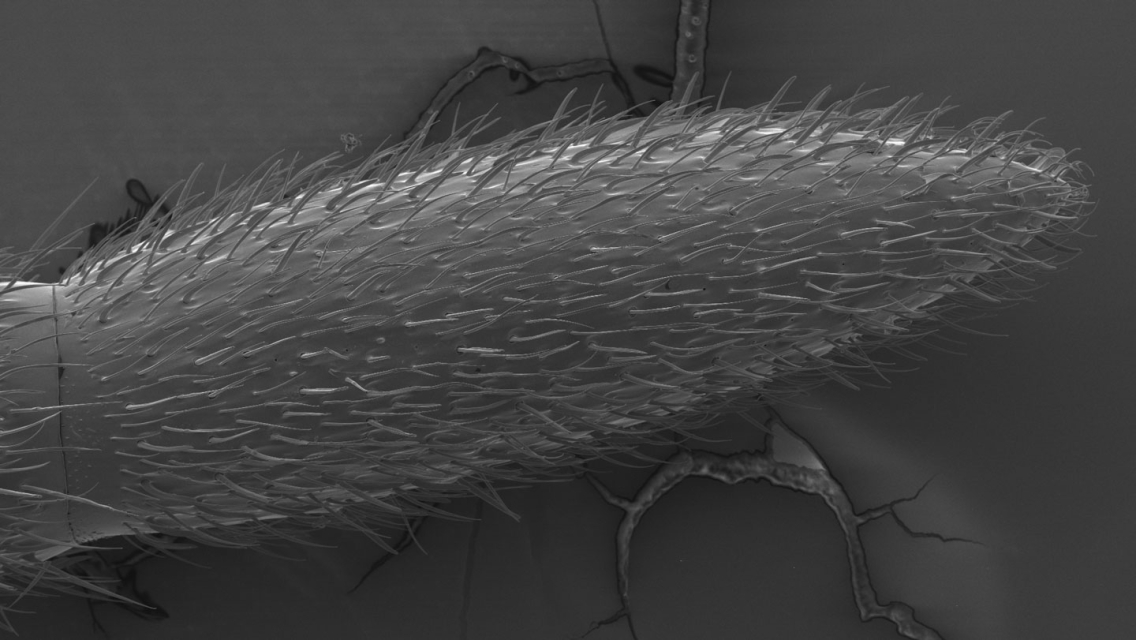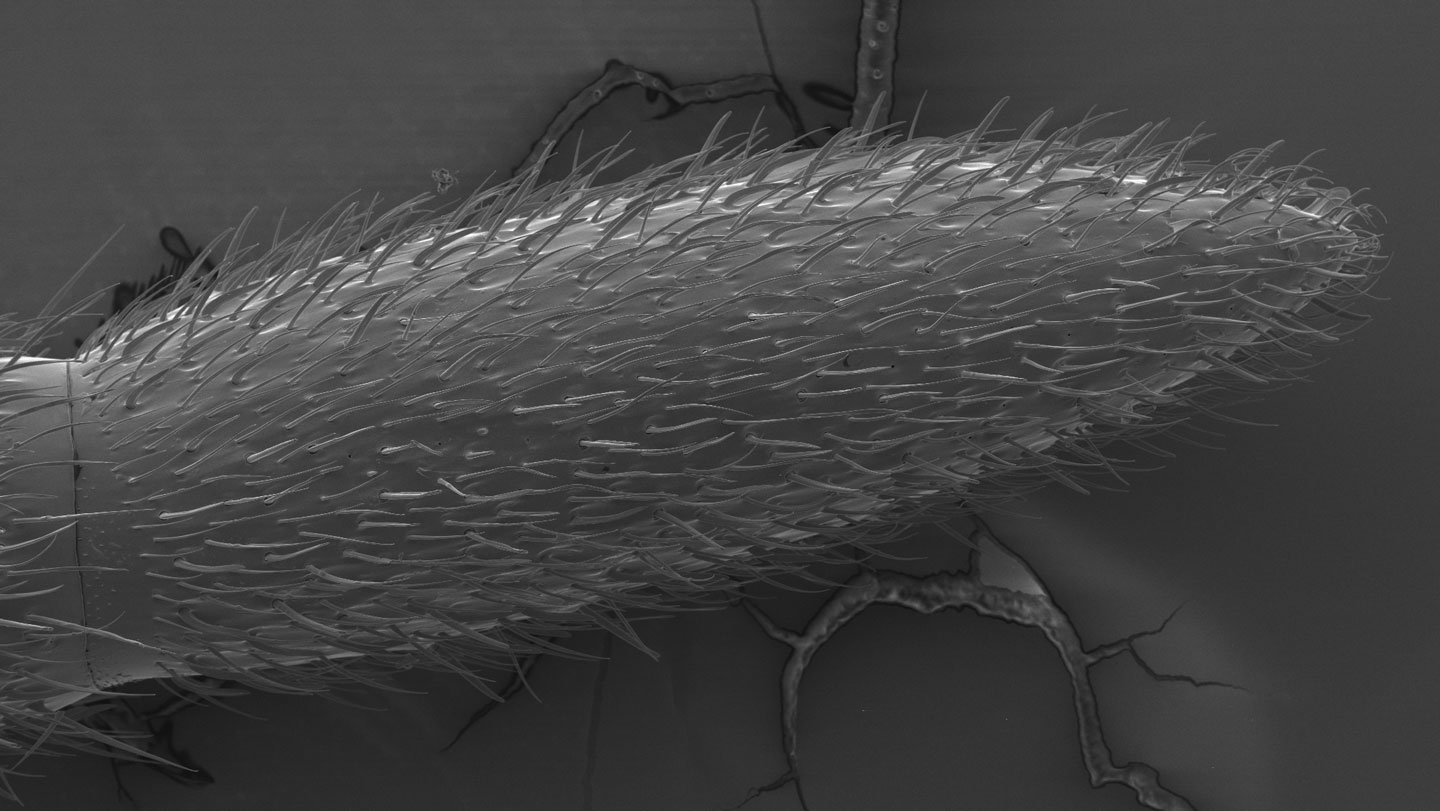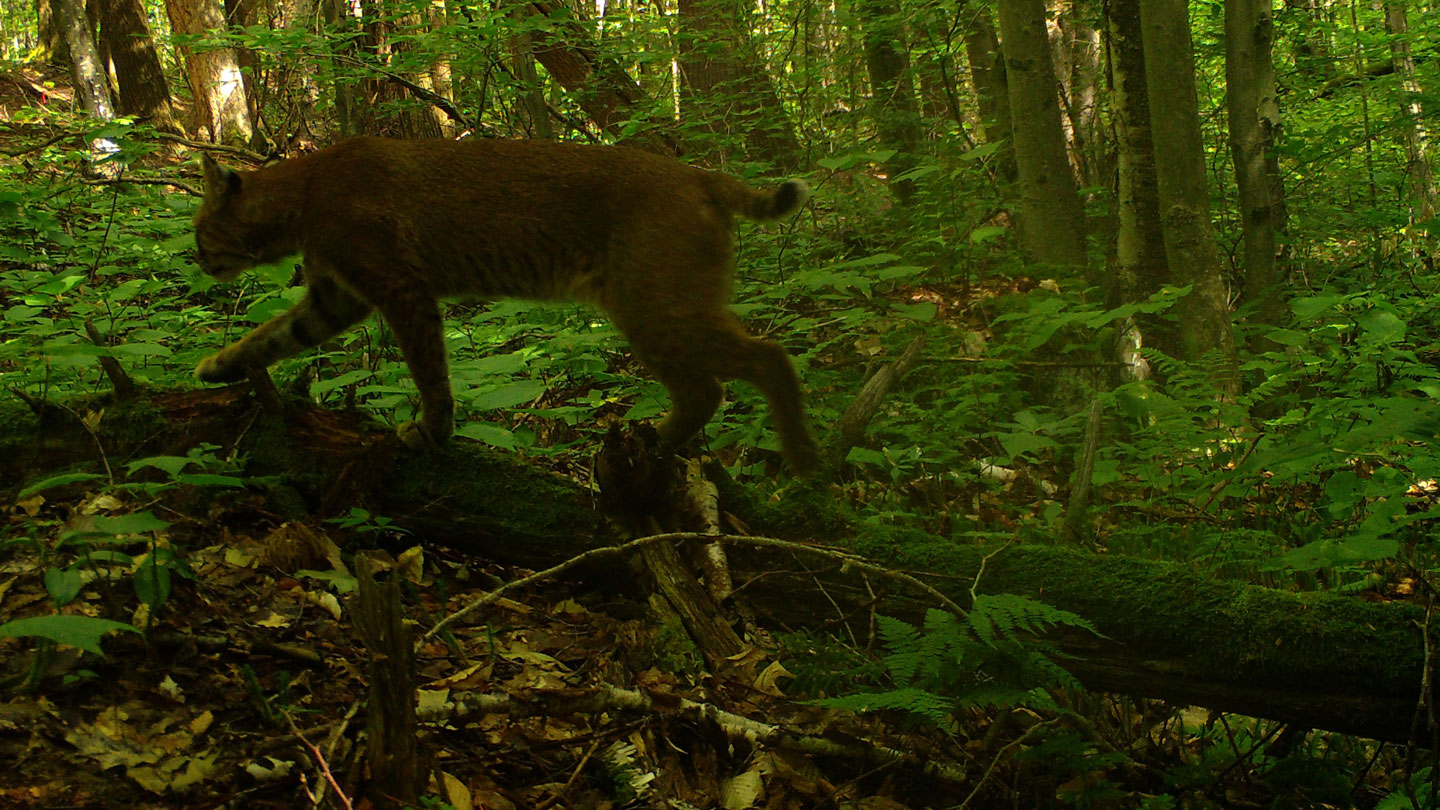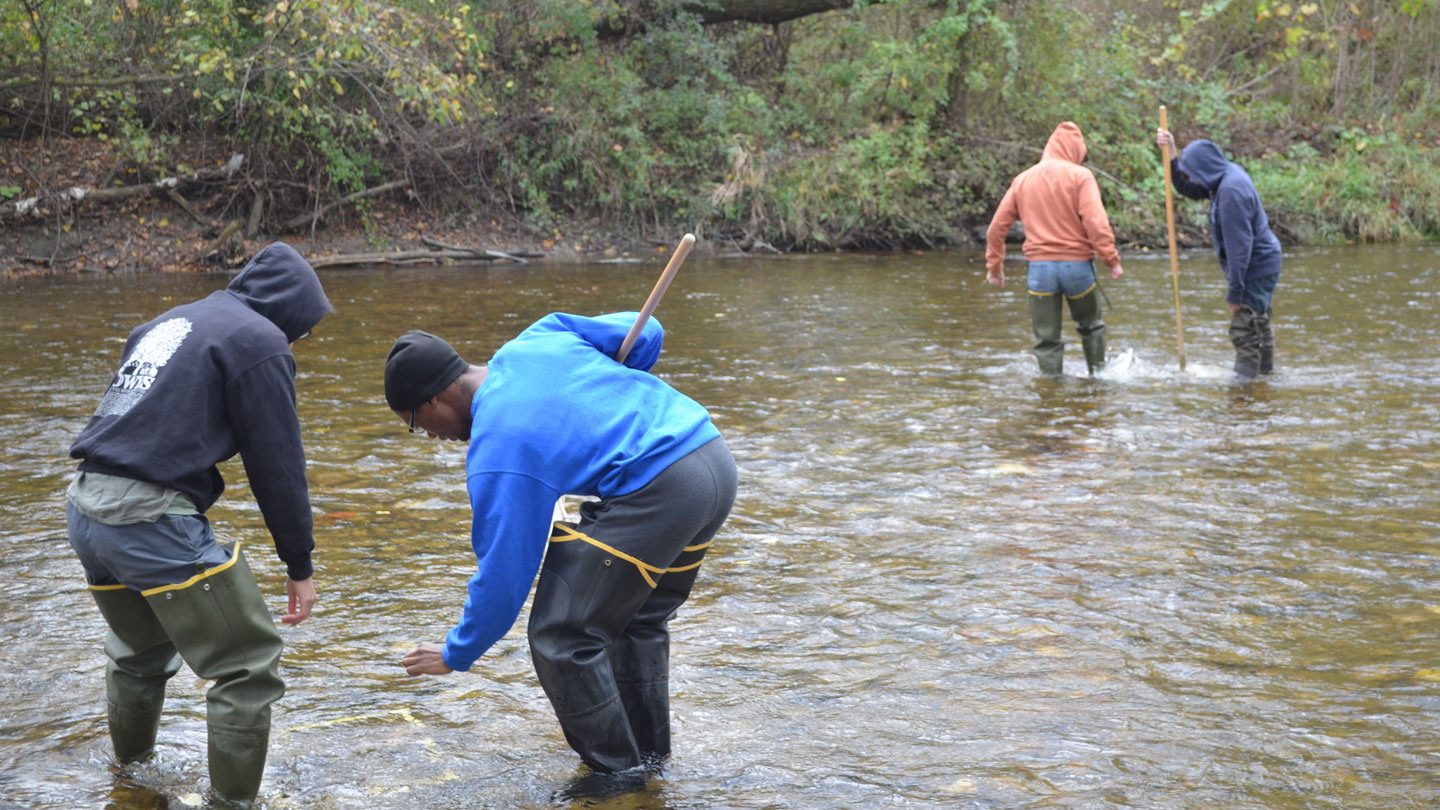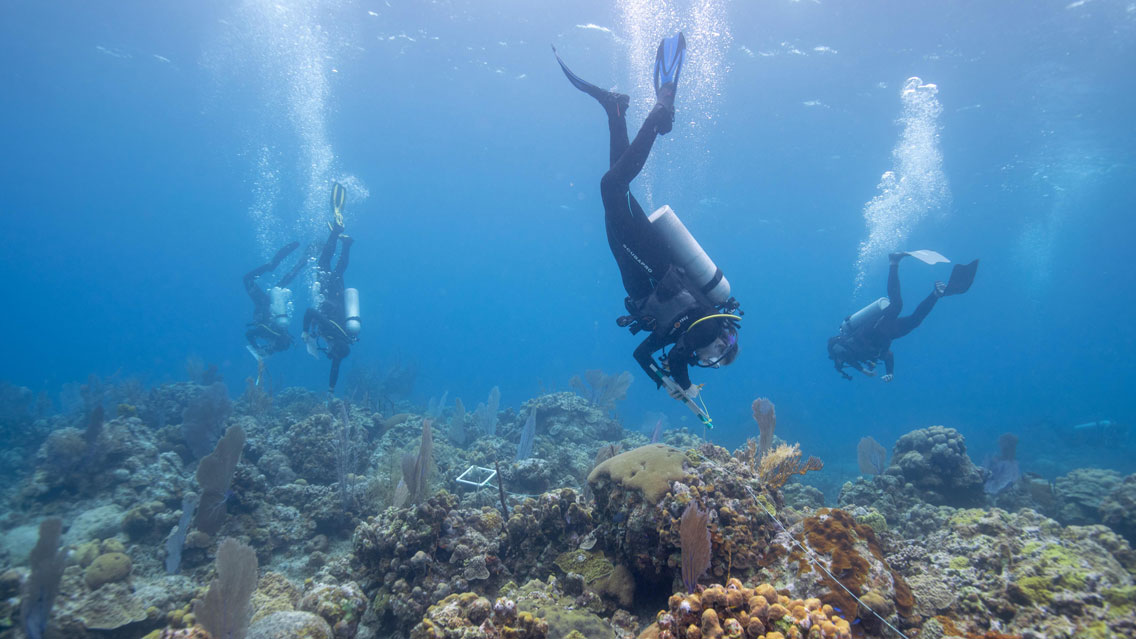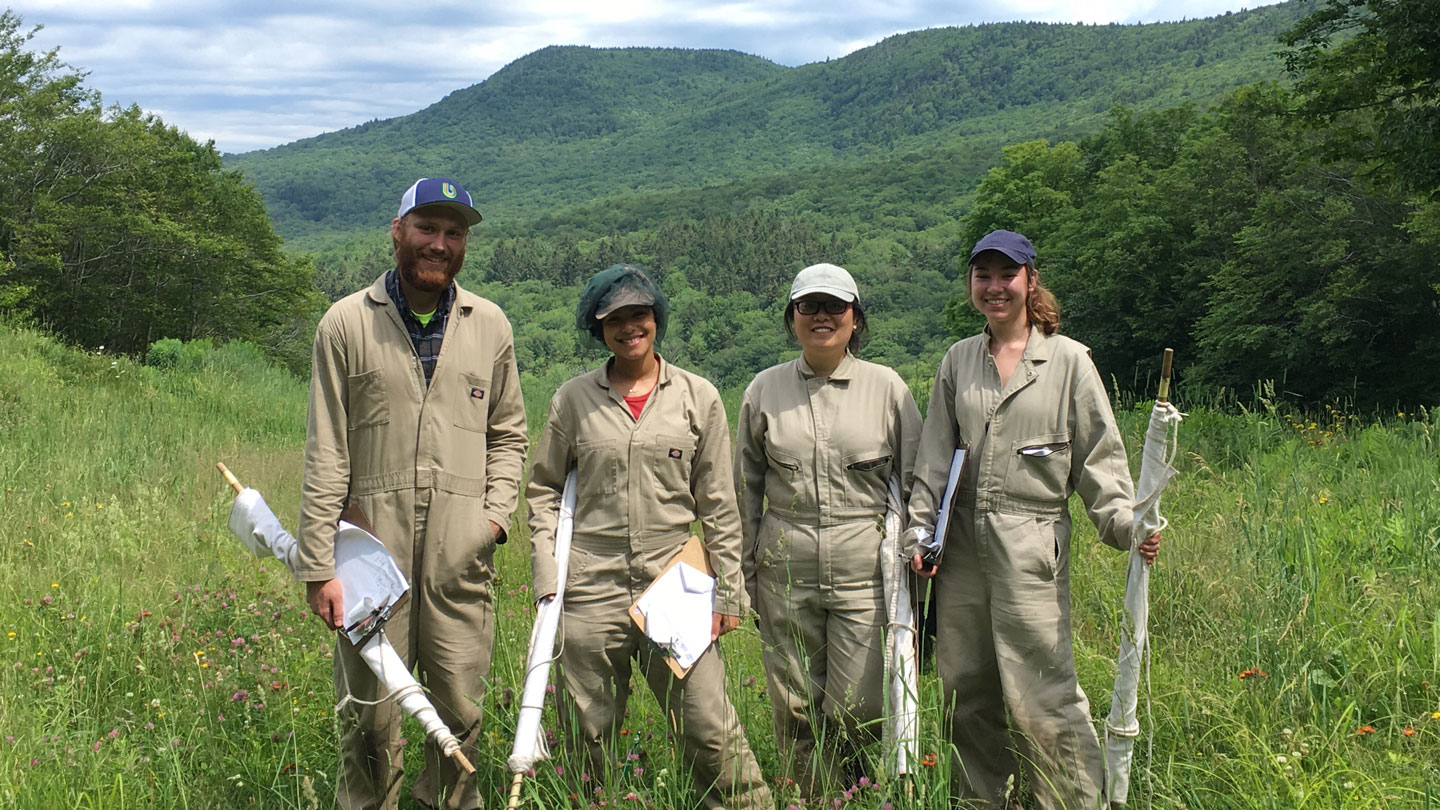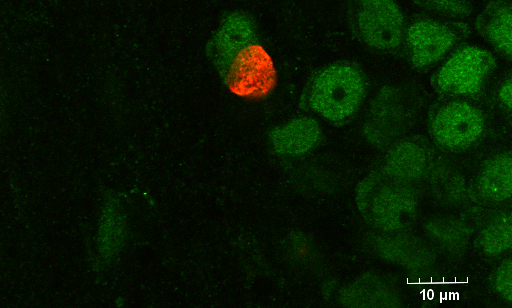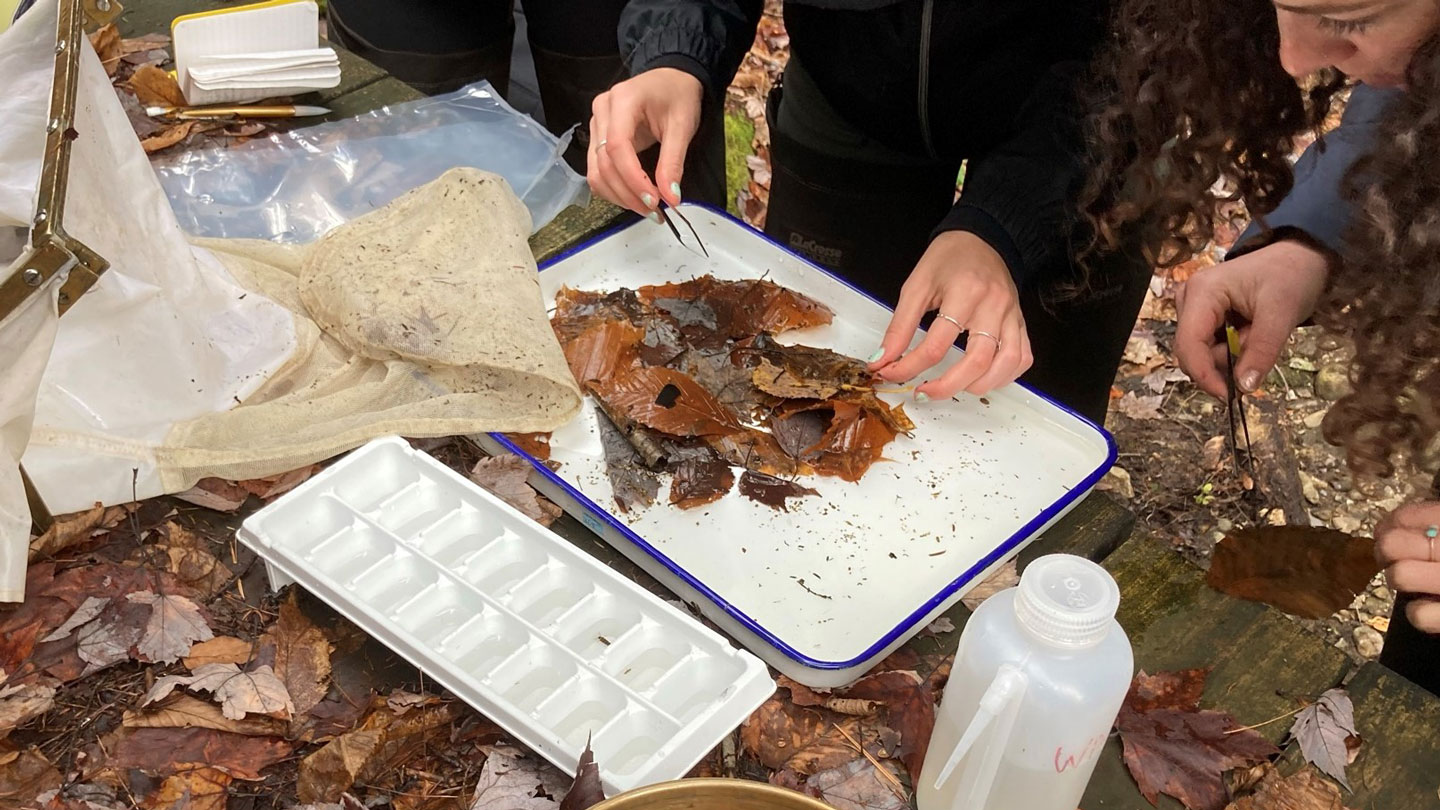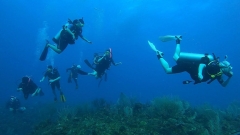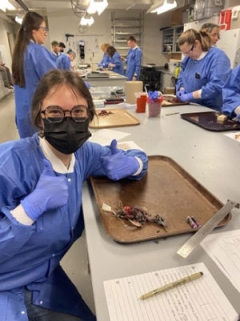Environmental Studies
The Environmental Studies Program is for students who wish to study the human relationship to the environment from an interdisciplinary approach.
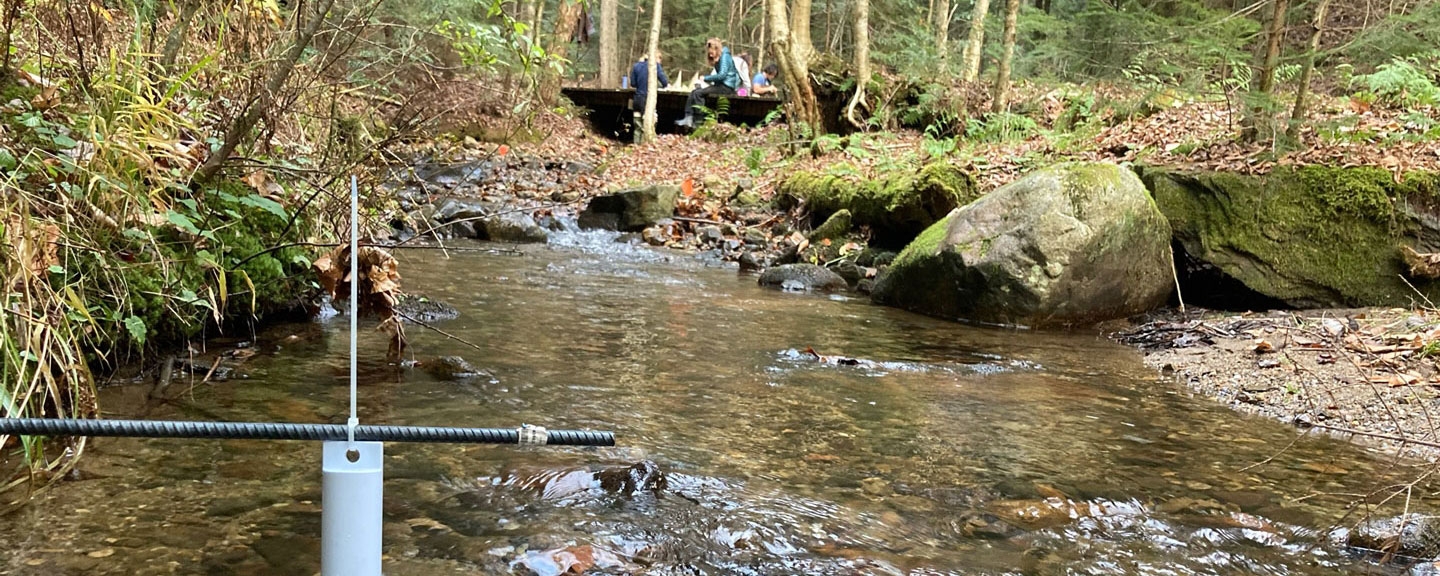
Biology
Biology at Middlebury provides students opportunities to explore the diversity of life within the tradition of a liberal arts education.
Our Courses
Biology courses cover topics across the field of biology while allowing for in-depth study of sub-disciplines. Students who choose to major or minor in biology take our two introductory courses: Ecology & Evolution and Cells & Genetics. Coursework beyond the introductory level provides depth by including taxon-based organismal courses, research methods courses, and other upper-level courses. Here are the Learning Goals for the biology major.
BIOL 140 & 145 waitlist
Thanks for your interest in Biology 140 or 145. We are trying our best to accommodate as many students as possible. It is our hope you can successfully register during open registration, but if not, we have a waitlist. Please do not email a professor to be added to the waitlist, you can sign up HERE: go.middlebury.edu/introbiowaitlist.
The waitlist will open Nov. 21, 2025 at noon and close after the Add period ends on Feb. 20, 2026. Priority will be given based on class year, then to previous waitlist participants, and finally by random lottery. If a seat that works with your preferences becomes available, you will be contacted. Once again, we hope you can register, but don’t worry, we offer these classes every semester and you will have more opportunities.
Interdisciplinary Approach
Biology informs many aspects of our lives. As such Biology faculty are active participants in programs across the larger College curriculum: Environmental Studies, Global Health, Neuroscience, and Molecular Biology and Biochemistry. Students interested in teaching at the elementary or secondary level can major or minor in Education Studies.
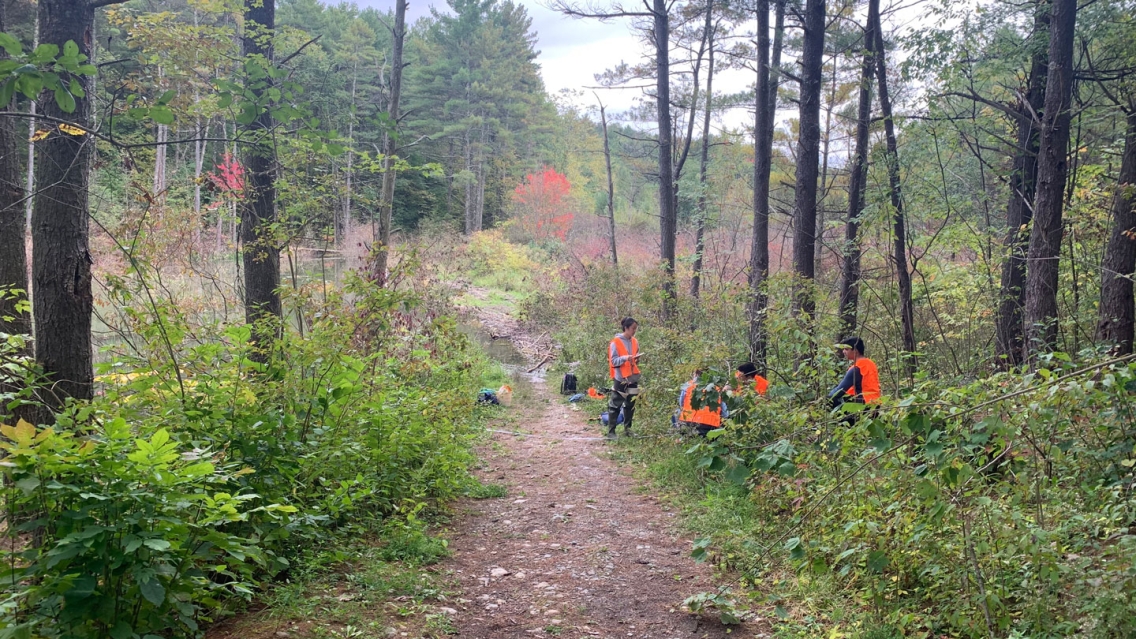
Related Programs
Biology Department faculty are active participants in the teaching of courses that are offered by these related programs and supervise research students in each.
-
-
Molecular Biology and Biochemistry
Explore MBCC
The Molecular Biology and Biochemistry (MBBC) Program is for students looking for an integrated approach to studying life at the macromolecular and cellular levels. -
Neuroscience
Explore Neuroscience
The Neuroscience Program offers students the opportunity to explore the neural bases of behavior from multiple perspectives. -
Global Health
Explore Global Health
The Global Health Program is for students wishing to examine the health of communities in an interconnected world.
Latest Department News
Read MoreField Course with ISER Caribe
Erin Eggleston and Eric Moody developed a field course with the non-profit organization ISER Caribe focused on studying the connections between land and coral reefs.
Students Attend the Society for the Preservation of Natural History Collections
This summer, three students attended the Society for the Preservation of Natural History Collections with the goal of learning more about natural history collections curation, digitization, and research.
Spritzer Lab Publishes Paper on Adult Neurogenesis
Professor Mark Spritzer’s laboratory recently published a paper in the journal Biomolecules describing the effects of the hormone testosterone and its major metabolites upon adult neurogenesis.

